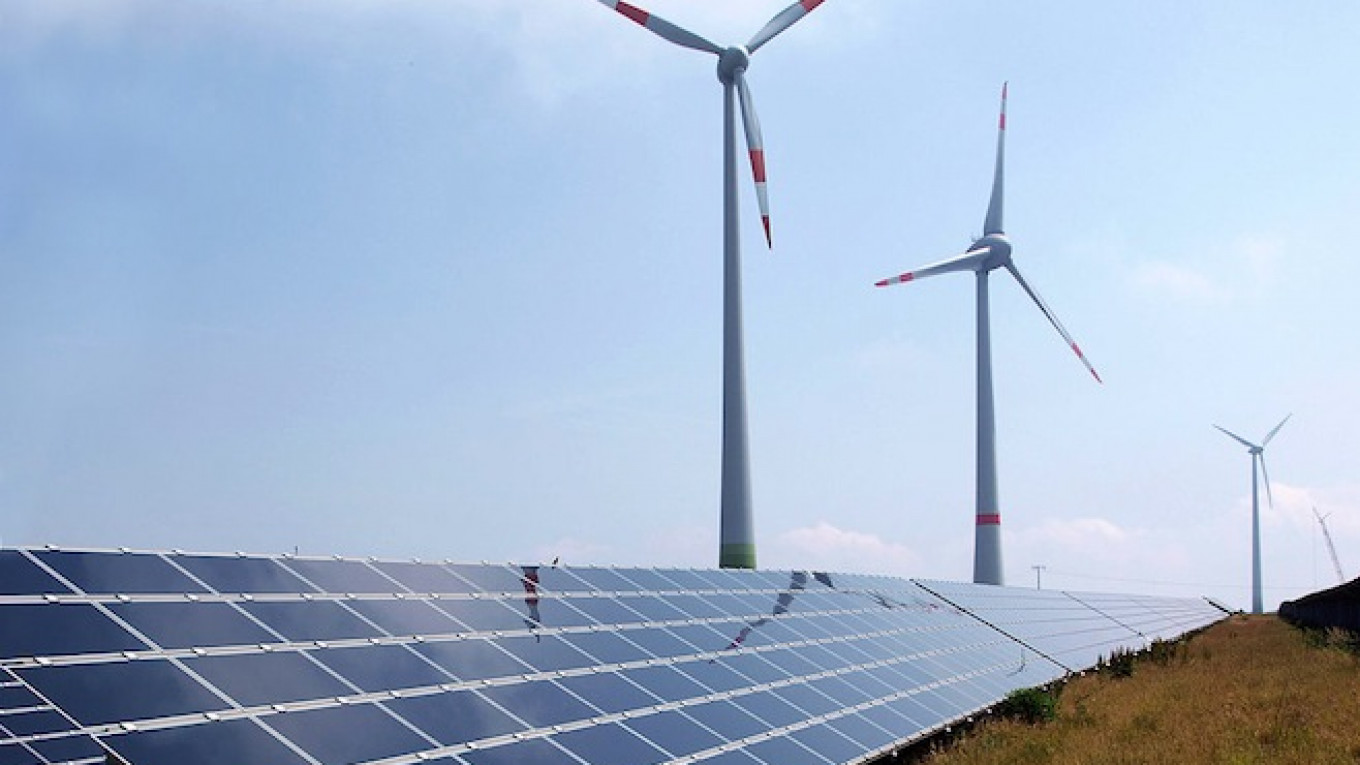BERLIN — Germany will continue to need coal-fired power plants, its energy regulator said, warning that Europe's biggest economy should not rely solely on renewables or risk increasing exposure to Russian gas as it shuts down nuclear plants.
"Those who call for an end of coal power generation don't have much interest in a reliable energy policy," Jochen Homann, president of the Federal Network Agency, or BnetzA, told an energy industry conference Wednesday.
"We will close further nuclear plants; these capacities need to be replaced," he said, adding that coal power was vital to achieve this.
Germany's Energiewende, the country's ambitious plan to reform its energy supply, calls for the closure of all nuclear plants by 2022. A surge in solar and wind power is expected to plug some of the gap, while the use of coal is opposed by campaigners who oppose climate-harming carbon emissions.
The BnetzA oversees power transmission firms, or TSOs, that must guarantee a steady supply of electricity, a task that has become more difficult since Germany shut 40 percent of its nuclear plants in 2011 following the disaster at Japan's Fukushima nuclear plant.
Homann said that intermittent renewables alone would not be able to replace nuclear power and provide round-the-clock supply and warned that increased exposure to gas could also carry risks due to the current crisis in Ukraine, which is a transit route to Europe for Russian gas.
Russia's involvement in the conflict has led to renewed calls for Europe to shift its reliance away from the country, which meets demand for about a third of the continent's natural gas, oil and coal.
"Whoever eyes a quick switch to gas has to face the question whether this can be an option in light of current events in Ukraine," Homann said.
A Message from The Moscow Times:
Dear readers,
We are facing unprecedented challenges. Russia's Prosecutor General's Office has designated The Moscow Times as an "undesirable" organization, criminalizing our work and putting our staff at risk of prosecution. This follows our earlier unjust labeling as a "foreign agent."
These actions are direct attempts to silence independent journalism in Russia. The authorities claim our work "discredits the decisions of the Russian leadership." We see things differently: we strive to provide accurate, unbiased reporting on Russia.
We, the journalists of The Moscow Times, refuse to be silenced. But to continue our work, we need your help.
Your support, no matter how small, makes a world of difference. If you can, please support us monthly starting from just $2. It's quick to set up, and every contribution makes a significant impact.
By supporting The Moscow Times, you're defending open, independent journalism in the face of repression. Thank you for standing with us.
Remind me later.






